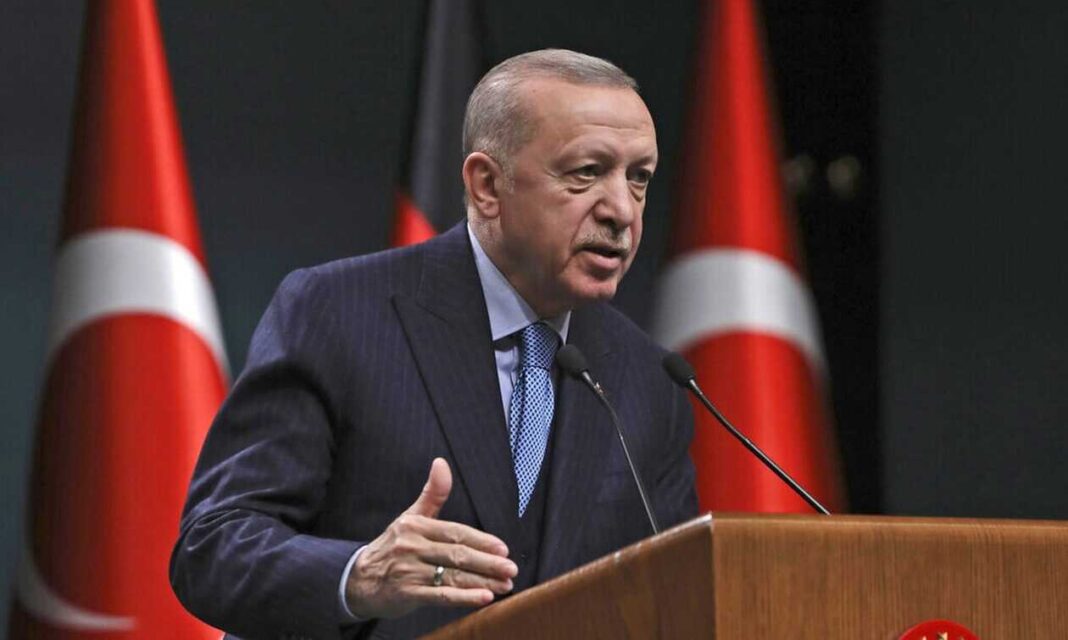More than 15 years after the onset of the economic crisis, wages remain stagnant at levels that fail to guarantee a basic standard of decent living, according to the report’s findings.
Greece is the second poorest member state in the EU, according to the annual report published by the Labor Institute of GSEE, the General Confederation of Greek Workers, which presents key data about the Greek economy.
More than 15 years after the onset of the economic crisis, wages remain stagnant at levels that fail to guarantee a basic standard of decent living, according to the report’s findings.
Some of the key findings of the report are
- The Greek economy expanded mildly in 2024 at 2.3%, with consumer spending and investments contributing to this growth.
- While real household disposable income was up by roughly 8.8 billion euros in 2019-2023, with real consumer spending up by 7.9 billion, the aggregate wages increased by only 130 million euros.
- The rate of change in real investments in Greece surpassed the EU average in 2024; however, it turned negative in the first quarter of 2025.
- In 2024, Greece’s current account balance deteriorated, recording a deficit equal to 6.4% of GDP, primarily driven by increased demand for imported intermediate goods.
- Despite ongoing macroeconomic uncertainties, the main quantitative indicators of the labor market continued to show improvement throughout 2024.
- Despite improvements in key labor market indicators, Greece recorded the second-lowest employment rate in the EU last year, performing better only than Italy.
- Between 2009 and 2024, the average annual real wage in Greece dropped by 32.8%. From 2019 to 2024, the decline was more modest at 1.1%, despite a 2.9% increase recorded over the two-year period from 2023 to 2024.
- Greek enterprises remain heavily dependent on investment grants. In 2023, such grants accounted for 26% of total corporate investments
Source: tovima.com




